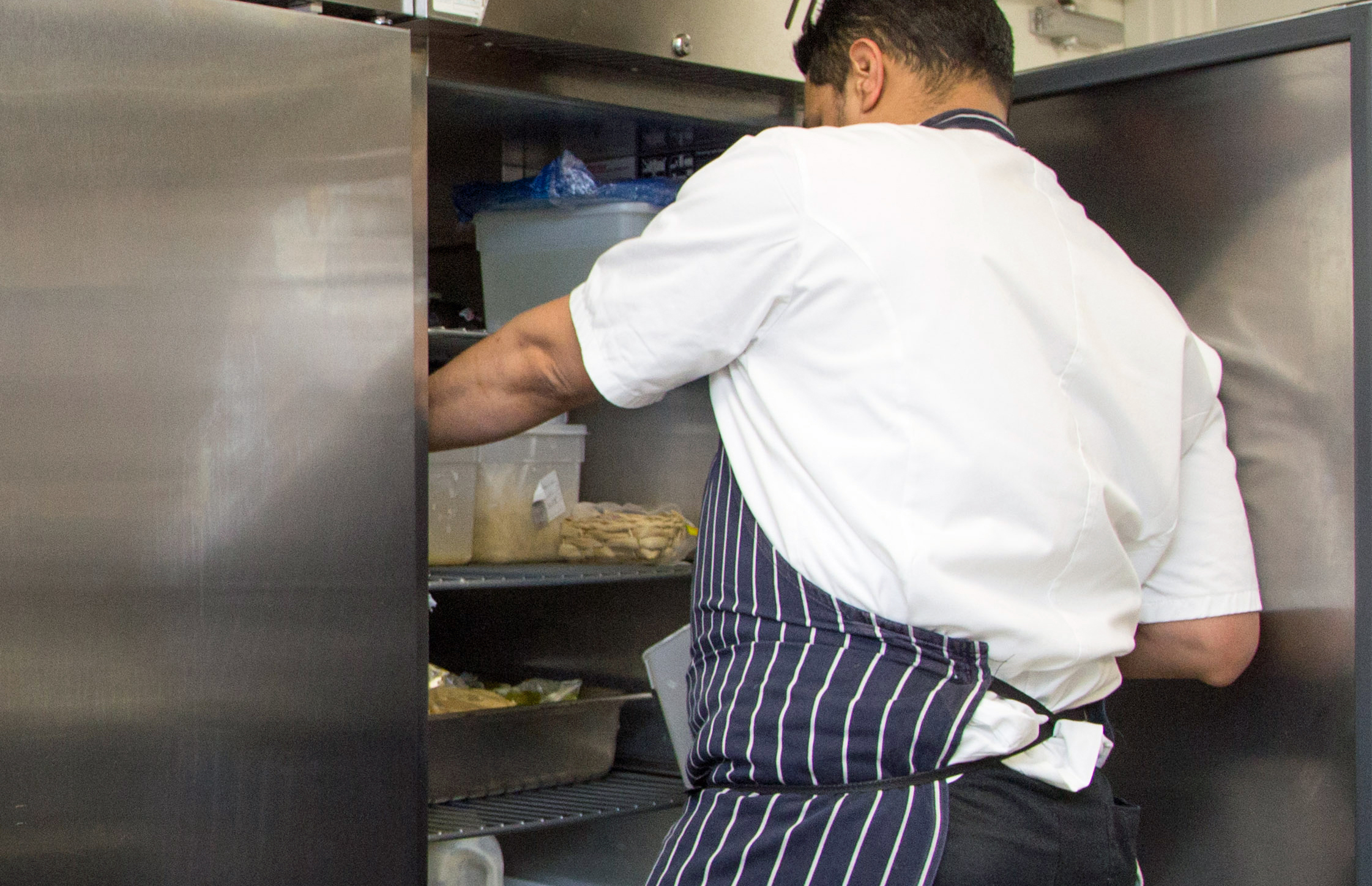Sector specific content will allow students to tailor course to their exact needs
The Foodservice Equipment Association (FEA) has launched a refrigeration module for the Foodservice Carbon Professional course. This complements the core FCP course, which explains the science of climate change, what the government is trying to do about it through legislation, and how this applies to the foodservice sector as well as how equipment can play a significant role in improving sustainability.
The module’s digital launch, on June 24 2024, was led by Dr Samantha Mudie, who completed a doctorate in energy reduction in commercial kitchens and has worked with FEA to curate FCP course content. Her groundbreaking research showcased how energy efficient kitchens of the future may be specified, as well as highlighting many current opportunities.
The module will allow course participants to gain specialised information about refrigeration equipment and how to choose and use them to minimise their environmental impact. Students will learn the history of refrigeration equipment, how it is being improved with technological advances, and relevant legislation and standards that cover its commercial use. They will also learn how to specify, operate, monitor, and maintain refrigeration equipment to minimise its environmental impact throughout its working life.
FEA developed the FCP course in association with Hospitality Energy Saving to provide the whole foodservice industry, from manufacturers and suppliers to operators, with the skills they need to identify sustainable equipment and explain why it is good to pick it.
“The FCP course gives people working in all parts of foodservice the knowledge to address the energy challenges and demands for improved sustainability the industry is facing,” says Paul Anderson, chair of FEA. “We are developing more modules that will be launched over the coming year. In conjunction with the core module, they will allow access to unique insight and information relevant to each component of the sector’s equipment supply chain.”
The FCP modules are delivered via FEA Academy, the Association’s learning management system. It consists of online modules using a mix of resources that can be completed within 12 months at the student’s own pace, and webinar tutorials. Delegates must complete the Core Module and exam, and an elective category specific module and exam before being awarded Foodservice Carbon Professional status.
The individual core course costs £750, with individual sector specific modules costing £650. A combined core/category specific module deal is also available with core and one product module costing £1300 per person, a saving of £100.
More information on the course can be found on the FCP landing page, which is at fea.org.uk, under the learning and development tab (https://www.fea.org.uk/learning-and-development/foodservice-carbon-professional/).
Anyone wishing to start their carbon management accreditation can sign-up to Foodservice Carbon Professional here.

